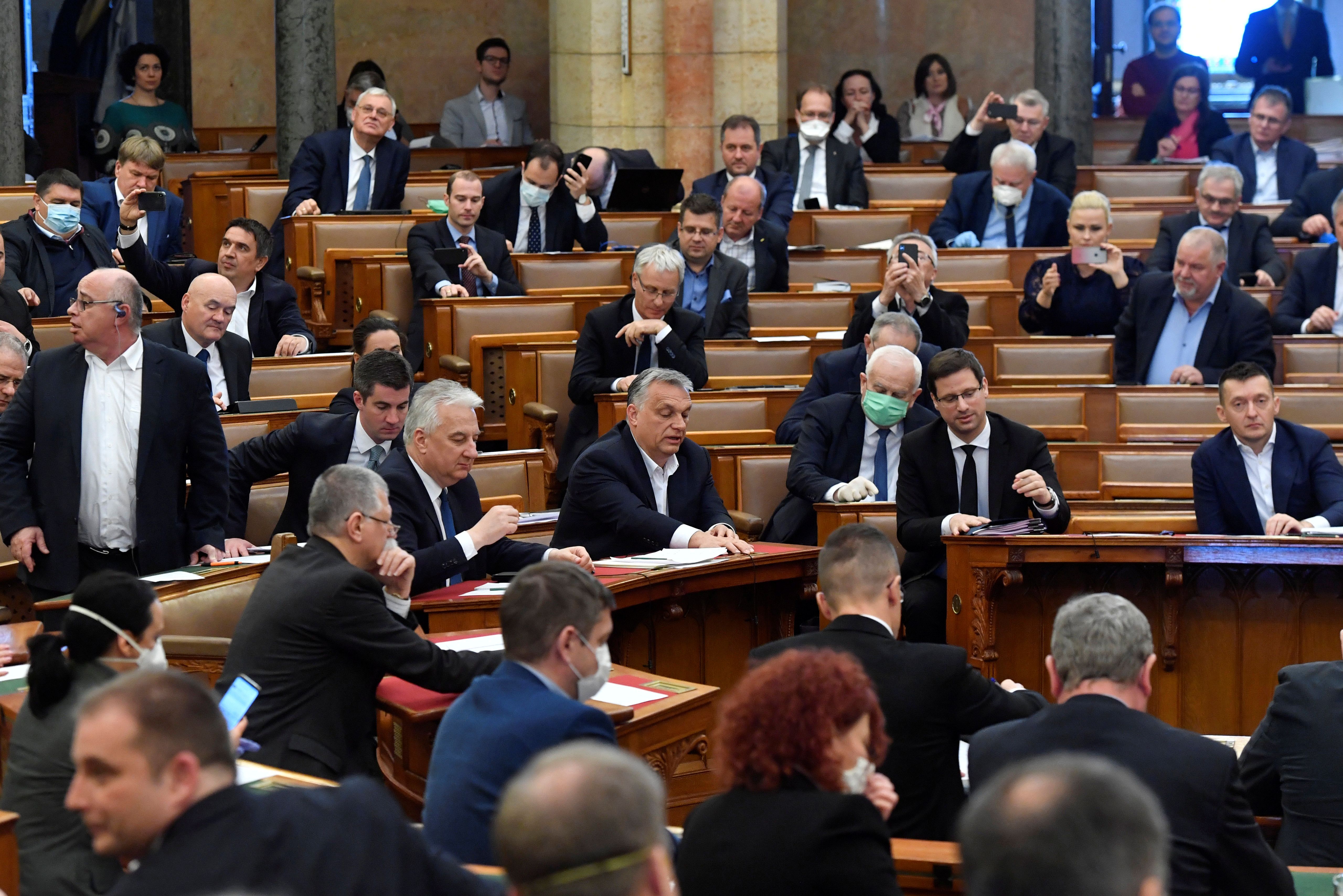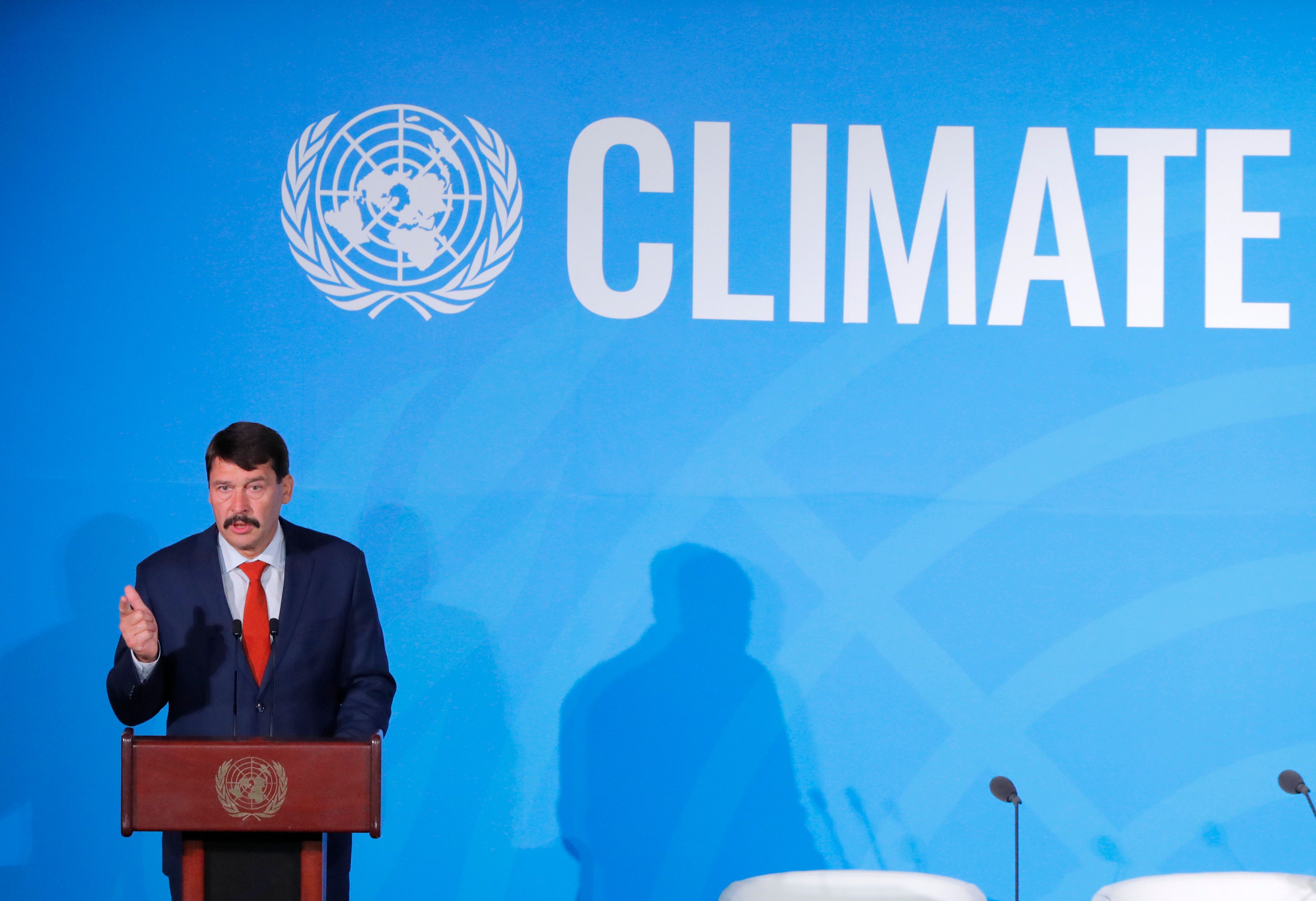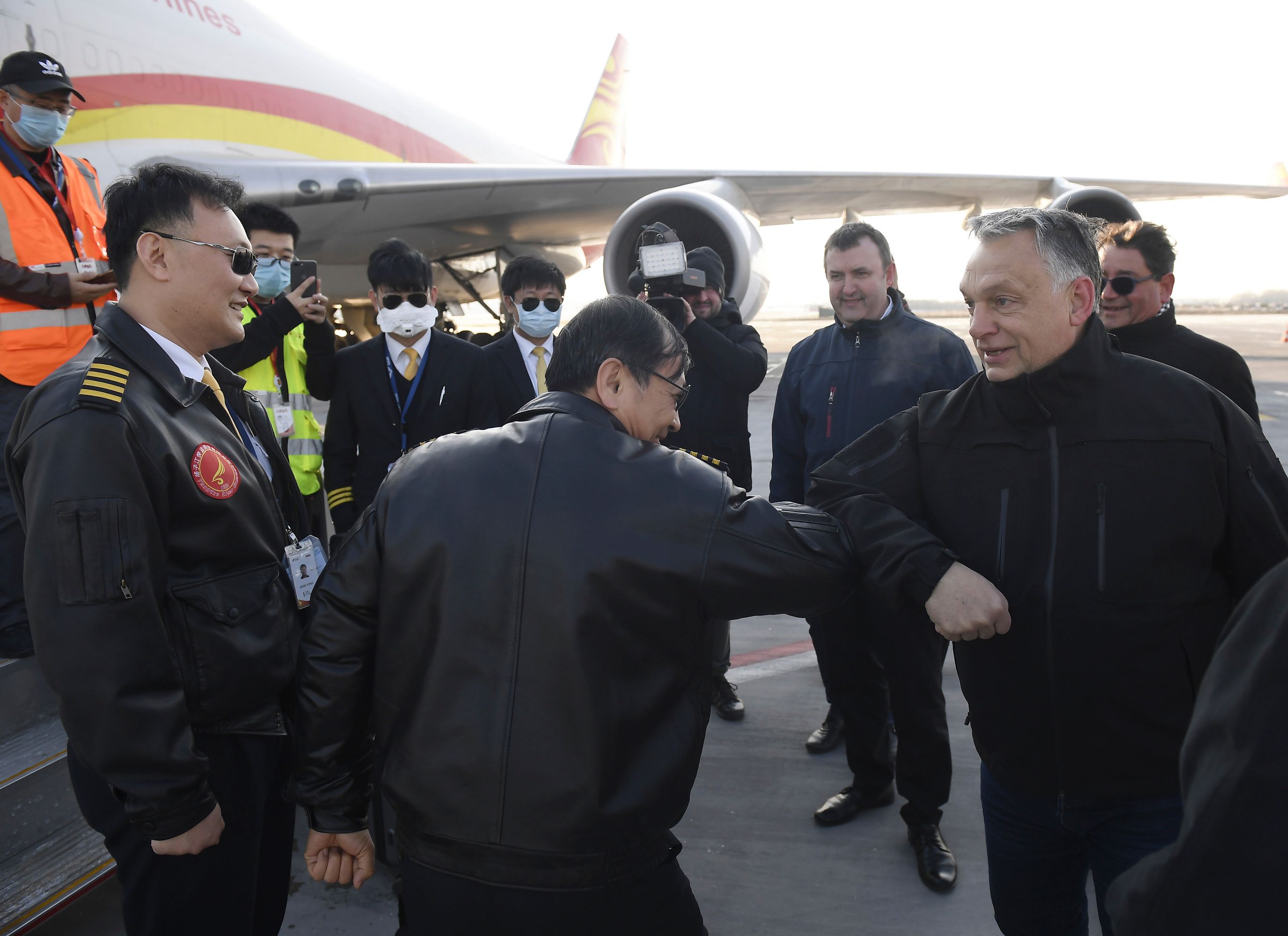Viktor Orbán’s Fourth Government at the Halfway Point

Domestic Policy
After winning European Parliament and local elections in 2019, Fidesz has a stable position in domestic policy. Among all eligible voters, support for the ruling party is around 40%, this is a much higher than its mid-term support in 2012 (25%) or 2016 (32%). Opposition parties are far behind Fidesz. The left-wing Democratic Coalition of former Prime Minister Ferenc Gyurcsány (9%) maintains its leading position. The popularity of Jobbik has been gradually increasing (8%), after Péter Jakab became chairman and the party adopted a Christian Democrat policy line. Support for the liberal Momentum party, formed in 2017, which sent two young popular female politicians to the EP, and for the Hungarian Socialist Party (6% each), is slightly lower. Although the distribution of support has not changed, the opposition recognises the need to unify in the next parliamentary election.
Hungary is expecting a significant economic slowdown due to lower growth in the Eurozone and the COVID‑19 pandemic. In 2019, the GDP growth was at 4.9%, yet the government expects it to turn to recession in 2020 (up to -0.3% of GDP) if the OECD’s worst-case scenario related to the impact of the pandemic on the global economy proves true. The government is to combat the consequences of the pandemic with exceptional powers that can also be used for political purposes. Experience shows that an economic crisis might be the only real threat to the popularity of the government. Therefore, it is necessary for Fidesz to intensify the mobilisation of its support two years before the election.
Fidesz continues the tactic of stigmatising selected social groups and focusing public attention on them. These groups are now primarily the Roma minority and prisoners. The prime minister criticised as “deeply unfair” a final ruling of the court in Debrecen, which awarded compensation for 60 pupils of Roma origin after they were segregated at a primary school in Gyöngyöspata. As a result, the compensation was not paid by the local government headed by a Fidesz mayor. In turn, based on a legal act signed by President János Áder on 6 March, the implementation of a judgment of the European Court of Human Rights was suspended. The Court called on Hungary to pay compensation to prisoners for poor detention conditions. The prime minister publicly instructed the minister of justice to suspend these payments. In this way, the government plays on society’s negative attitudes towards Roma people and prisoners, and deepens social tensions by identifying Roma with criminals in the public discourse. At the same time, it undermines the autonomy of the judiciary and prompts society to have a negative attitude towards judges. The government portrays them as corrupt in questions included in “national consultations”, which are questionnaires sent to all voters.
European and Foreign Policy
An important instrument of the European policy pursued by Fidesz is membership of the EPP, because that means recognising the Hungarian ruling party as part of the European centre-right. Since March 2019, Fidesz’s membership has been suspended because of violations of EPP values and principles. This suspension was extended by the EPP’s political assembly in February for an indefinite period, and will be in place at least until the party’s congress scheduled for 2021. Its failure to decide to exclude Fidesz strengthens Orbán politically, as it demonstrates that he is too important to get rid of. It also increases his room for manoeuvre and gives him more time to prepare for a possible departure from the EPP. Orbán takes this possibility into account, which is indicated by maintaining close contact with the parties to the right of EPP, such as in Poland’s Law and Justice and Italy’s League and Brothers of Italy.
At the same time, the government is taking steps to confirm its pro-European attitude and to acquit Hungary of allegations of violating the rule of law. For Fidesz, this is the only way to restore its full membership of the EPP. That is why it calls, in line with the initiative of heads of the five parliamentary groups in the EP, including the EPP, for rapid completion of the procedure under Art. 7 TEU. However, Fidesz calls for impartiality and, to this end, non-involvement of EP representatives in hearings in the EU Council. At the same time, the government is adapting to trends in European policy. It notices the political significance of climate issues and emphasises its commitment to related global measures, which, due to Hungary’s relatively favourable energy mix, is not a challenge beyond the country’s economic possibilities. It also notices French ambitions of taking over European leadership in determining the direction of developing the EU’s foreign and security policy and reshaping relations with the U.S. and Russia. As Hungarian interests, especially those related to the establishment of a new dialogue with Russia and strengthening European strategic autonomy, are similar, France is gaining importance for Hungary’s foreign policy.
In his public speeches, Orbán often calls for a “new Central Europe” to be built by the countries of the region. This vague concept, which is solely a political appeal, urges closer regional cooperation. Its starting point are joint experiences of the fight against communism and a distinct cultural and historical heritage, while its goal is to achieve the Western European level of development. However, it differs from the assumptions of the Three Seas Initiative, which sets similar economic goals, in terms of defining the region in opposition to the West and even to the EU. In Orbán’s vision, a “new Central European alliance” would serve to protect interests against threats from both the West and the East. Among the countries that could participate in such cooperation, he mentions those with which Hungary maintains non-problematic relations, regardless of EU membership: Poland, the Czech Republic, Slovakia, Croatia, Slovenia and Serbia. The president of Romania, whom Orbán invited during the celebration of the 30th anniversary of the Romanian revolution of 1989 to jointly create this concept, categorically refused to participate in regional cooperation under Hungarian leadership. Austria, with which Hungary also maintains good relations, is not included in Orbán’s group of countries with common Central European heritage.
Conclusions
Sharp political discourse and populist measures of the Hungarian government lead to solutions that undermine the separation of powers and to opposing European institutions. Government decisions which stigmatise the Roma minority increase social tension. The dispute with EU institutions on compliance with the rule of law is taking place regardless of these actions. This indicates the Hungarian government’s conviction that the EU has no effective sanctioning instruments. Due to the procedural complexity of the Art. 7 procedure, the government is confident that it will not lead to sanctions being imposed on Hungary.
Currently, there are more European and foreign policy issues that divide Poland and Hungary than such issues that link them. The differences are visible. They include Hungarian approval for strengthening European strategic autonomy as proposed by France, and for French initiatives to unfreeze the EU’s relations with Russia and gradually achieve European independence from the United States. Like the French president, Orbán also questions NATO’s effectiveness. In addition, the Hungarian concept of Central Europe does not coincide with the assumptions of the Three Seas Initiative promoted by Poland.
At the same time, the Polish and Hungarian governments share common goals for EU budget negotiations and EU enlargement. However, discrepancies are also seen in these areas. While both countries want to get the highest possible resources for cohesion and agricultural policy, and to prevent the linking of EU finances with adherence to the rule of law, Hungary underlines its commitment to achieving EU climate goals in the event that they are linked closely with the European budget. Similarly, while Poland and Hungary traditionally support the European aspirations of the Western Balkan countries, some of Hungary’s actions undermine the credibility of their intentions.







